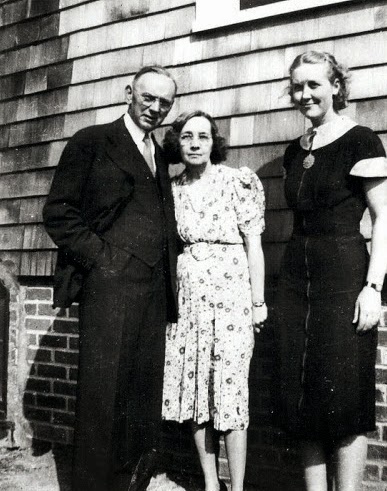Finding Flow (review)
© 2000, Coert Visser
`What is a good life?', is basically the question addressed by Finding Flow: The Psychology of Engagement with Everyday Life by Mihaly Csikszentmihalyi. Well, isn't a good life just about being happy? Ok, but that is not the complete answer. For how do we become and stay happy? Not by watching TV, eating, or relaxing all day! In small doses these things are good and improve your daily life, but the effects are not additive. In other words: a point of diminishing returns is quickly reached. Also you don't become happy by having to do nothing. Csikszentmihalyi's research shows that both intrinsic motivation (wanting to do something) and extrinsic motivation (having to do something) are preferable to not having any kind of goal to focus your attention.
Csikszentmihalyi argues that a life filled with `flow activities' is more worth living than one spent consuming passive entertainment. He says, the point is to be happy while doing things that stretch your goals and skills that help you grow and fulfil your potential. In other words: the content of your experiences over a lifetime determines the quality of your life. Then what exactly ìs `flow'? Is it just some vague new New Age concept? Not at all! It is precisely defined and well-researched. The experience if flow is the sense of effortless action we feel in moments that we see as the best in our lives. In order to have flow experiences you need clear goals/demands, immediate and relevant feedback and a balance between your skills and the demands. Then your attention becomes ordered and fully invested. Because of the total demand on you psychic energy you become completely focused, your self-consciousness disappears, as does your sense of time, yet you feel strong and competent. When in flow, you are not exactly happy, because you are not focused on your inner states (that would take away your attention from the task at hand). But looking back you are happy. Having flow experiences leads to growth and learning and improving your life becomes a question of making flow as much as possible a constant part of your everyday experience.
Csikszentmihalyi describes how you can find flow in several important life domains. One domain is work. Often we short-sightedly spend a lot of energy to take the easy way and cut corners, trying to do as little as possible in our jobs. If we would spend the same amount of energy trying to accomplish more we would probably enjoy our work more and be more successful as well. To improve your work you can try to take the whole context of your job into account. Doing this you can better understand your contribution to the whole and understand and value your role more. This enables you to invest more energy and withdraw more meaning from your work. Further, to use flow at work you can try to establish a situation in which your job (an other people's jobs) provides clear goals, unambiguous feedback, a sense of control, few distractions and challenges that match your skills. Just as much as in work you can create flow in your family and other relationships according to Csikszentmihalyi. He says it is particularly important to give attention to building harmony between participant's goals and to find ways to balance the meaningfulness of the rewards you get from work and relationships.
This book is definitely worth reading. Csikszentmihalyi's answer to the question `What is a good life?' is practical and convincing.



Comments
Post a Comment